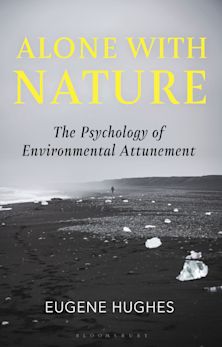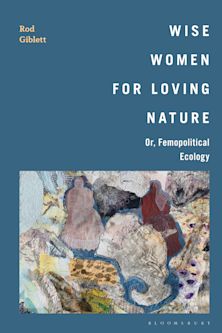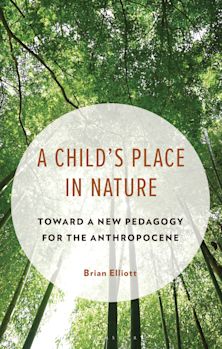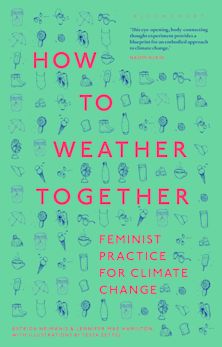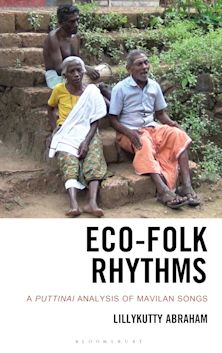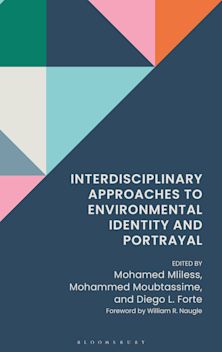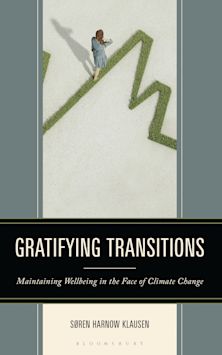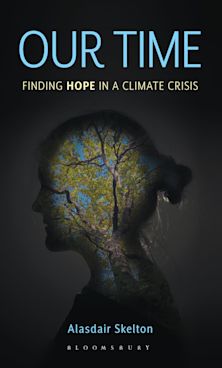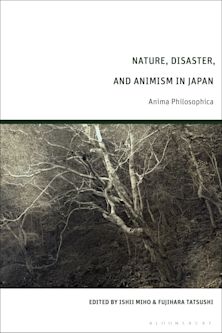Religious Horror and the Ecogothic
This product is usually dispatched within 1 week
- Delivery and returns info
-
Free US delivery on orders $35 or over
Description
Religious Horror and the Ecogothic explores the intersections of Anglophone Christianity and the Ecogothic, a subgenre that explores the ecocritical in Gothic literature, film, and media. Acknowledging the impact of Christian ideologies upon interpretations of human relationships with the environment, the Ecogothic in turn interrogates spiritual identity and humanity’s darker impulses in relation to ecological systems. Through a survey of Ecogothic texts from the eighteenth century to the present day, this book illuminates the ways in which a Christianized understanding of hierarchy, dominion, fear, and sublimity shapes reactions to the environment and conceptions of humanity’s place therein. It interrogates the discourses which inform environmental policy, as well as definitions of the “human” in a rapidly changing world.
Table of Contents
Acknowledgments
Introduction
Approaches to Anglophone Religious Horror and the Ecogothic
By Kathleen Hudson and Mary Going
Part One: Early Gothic Origins
Chapter One
Biblical Marine Biology: Cotton Mather’s Cetological Exegesis and the Oceanic Ecogothic
By Jennifer Schell
Chapter Two
“The lady’s talent for description leads her to excess”: Radcliffe, Landscape, and Gender
By Rosemary Whitcombe
Chapter Three
Sacred Consumption: An Ecocritical Reading of Gothic Cannibalism
By Laura R. Kremmel
Part Two: Long Nineteenth Century Evolutions
Chapter Four
Between Domination and Sublimity: The Ecogothic and Moby Dick
By Jonathan Greenaway
Chapter Five
Occlusive Re-Enchantment: J.S. Le Fanu’s Ecogothic
By Madeline Potter
Chapter Six
Ecological Hellscapes of Religious Doubt: Exploring Gothic Nature and the Horrific Divine in Gerard Manley Hopkins and James Thomson
By Ruth-Anne Walbank
Chapter Seven
Strange Summits: Christian Hope and Salvation in the Mountain Topography of Algernon Blackwood’s “The Glamour of the Snow”
By Christopher M. Scott
Part Three: Twentieth Century Reimaginings
Chapter Eight
Anthropocenic anxieties: What humanity should not have summoned in H.P. Lovecraft’s “The Call of Cthulhu” and William Hope Hodgson’s The Nightland
by Antonio Alcalá González
Chapter Nine
“Are We Not Men?”: Dominionism and the Evolution of The Island of Doctor Moreau
By Mary Going
Chapter Ten
“A strange green God”: Ecocritical Readings of Christian and Cult Sacrifice in Postmodern Folk Horror
By Kathleen Hudson
Part Four: Contemporary Ecohorrors
Chapter Eleven
Ecogothic Meets Religious Horror in M. Night Shyamalan’s The Happening
Agnieszka
Chapter Twelve
Oryx and Eve: Geneses, Gender, and the Gothic in Margaret Atwood’s Maddaddam trilogy
By Lauren Nixon
Chapter Thirteen
Atavistic Trolls and Christian Immorality in Nordic Ecogothic
Kaja Franck
Afterword
Our Burning World
By Kathleen Hudson and Mary Going
Index
About the Contributors
Product details
| Published | Jun 07 2024 |
|---|---|
| Format | Hardback |
| Edition | 1st |
| Extent | 282 |
| ISBN | 9781666945959 |
| Imprint | Lexington Books |
| Dimensions | 9 x 6 inches |
| Series | Ecocritical Theory and Practice |
| Publisher | Bloomsbury Publishing |
Reviews

ONLINE RESOURCES
Bloomsbury Collections
This book is available on Bloomsbury Collections where your library has access.












